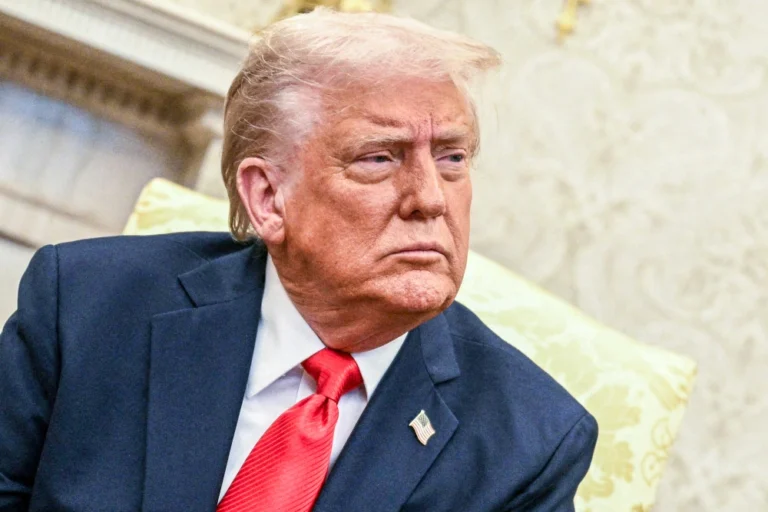🎧 Listen to This Article
In a move that would have seemed politically implausible just a few years ago, the Republican Party is now openly discussing the possibility of allowing the top income tax rate to rise from 37% to 39.6%—reversing part of the 2017 Trump tax cuts. While no formal proposal has yet emerged, this policy shift, floated within high-level Senate GOP meetings, represents a quiet but profound evolution in Republican tax ideology.
The 2017 Tax Cuts and Jobs Act (TCJA) was a defining legislative achievement of President Trump’s first term, cementing the party’s identity as tax-cut champions. But the law’s key individual tax provisions are set to expire at the end of 2025. As Republicans craft a sweeping 2025 Trump agenda bill, they face the dual pressure of fiscal constraints and a dramatically altered electoral map.
What’s Changing and Why It Matters
At the heart of this potential pivot is the GOP’s ongoing populist transformation. The Republican base is increasingly composed of working-class voters with lower incomes and fewer college degrees. Meanwhile, higher-income voters—long allies of the GOP—are drifting leftward. In 2024, President Kamala Harris won voters earning over $100,000, reversing historical trends.
Senators like Kevin Cramer and Chuck Grassley have acknowledged the shift in tone and priority, with the latter even admitting that higher taxes on the wealthy are now “on the working sheet” for discussion. Steve Bannon, former Trump strategist, has gone further, openly calling for increased taxes on affluent Americans.
This new conversation within the party reflects more than shifting poll numbers. It highlights the tension between old-guard supply-side orthodoxy—where tax cuts for the wealthy are seen as economic stimulants—and a rising populist sentiment that demands the rich pay more.
Long-Term Implications
If Republicans allow the top tax rate to revert to 39.6%, it will not only mark a symbolic break from decades of conservative dogma but also reshape the GOP’s fiscal posture for years to come.
Such a move could serve multiple strategic purposes:
- Fiscal Responsibility Messaging – With rising deficits, the GOP needs funding offsets to expand military and immigration enforcement spending without ballooning debt.
- Electoral Strategy – Raising taxes on the rich could help solidify support among working-class voters without alienating a wealthy donor base that’s already growing distant.
- Preempting Democratic Attacks – By allowing the tax rate to rise via expiration (rather than affirmatively passing a hike), Republicans can argue they’re not raising taxes—just choosing not to extend previous cuts.
However, resistance remains strong. Senators Ted Cruz and Steve Scalise have come out against any tax increases. The party is still navigating an ideological divide between MAGA populists and traditional fiscal conservatives.
Actionable Insights & Recommendations
For policymakers:
- Clarify Definitions: Frame the lapse of TCJA provisions not as a tax hike, but as a reversion to previous baselines, which could help manage both internal party optics and voter perception.
- Consider Small Business Carve-Outs: As Sen. Cornyn noted, many small businesses report income on personal returns. Targeted exemptions or credits could mitigate unintended impacts.
For businesses and tax professionals:
- Prepare for Sunset Scenarios: Model potential reversion effects, especially for high-income clients and pass-through entities.
- Engage in Policy Dialogue: Now is a rare moment when bipartisan alignment on taxing the wealthy may be possible. Influencing details before consensus is reached could be decisive.
For global observers:
- Monitor U.S. Populist Trends: If the GOP begins embracing wealth taxation, it may signal a broader realignment of Western conservative parties in response to populist pressures.
- Watch for Fiscal Spillovers: Changes to U.S. tax policy at the top may affect global capital flows, investment patterns, and bilateral tax agreements.
A GOP Identity Test in Real Time
This debate is more than budget math—it’s a philosophical reckoning. Will Republicans double down on Reaganomics or recalibrate in line with their base’s evolving interests? Either way, this moment marks a major inflection point not just in U.S. tax policy, but in the ideological future of the Republican Party itself.



